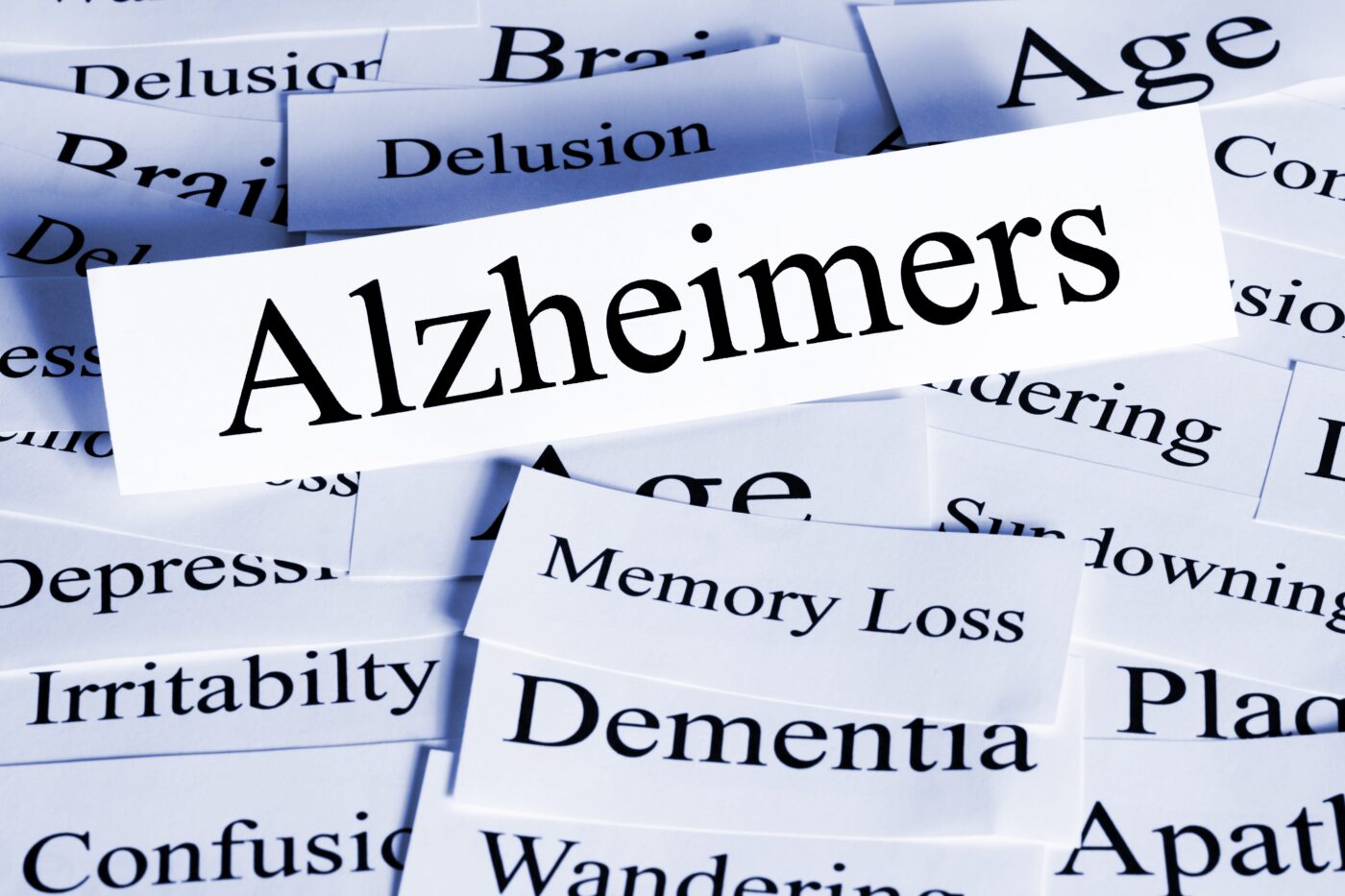Understanding the Early Symptoms of MCI and Alzheimer’s Disease
Do you recognise 10 early symptoms of cognitive impairment which may lead to dementia?
Most people think that Alzheimer’s is just memory loss, but it’s much more subtle. Below, Dr Emer MacSweeney shares the early signs that could help receive an early diagnosis:
- Short term memory loss: forgetting details of recent events or conversations and important dates; repeatedly asking the same questions
- Changes in behaviour – unexpected & uncharacteristic anger and changes in mood, perhaps becoming passive and disinterested
- Confusion which could include losing track of time or problems with processing information
- Forgetting words and experiencing problems with speech and language
- Loss of sense of direction, getting lost or becoming disorientated in a familiar environment
- Difficulty in performing everyday (seemingly straightforward) tasks such as making a cup of tea or unpacking the grocery shopping
- Problems with calculation – finding difficulty with managing money or completing simple sums and puzzles
- Misplacing items such as putting keys in the freezer or milk in the dishwasher and not being able to retrace your steps to find them these objects
- Difficulty making decisions which may also include making the a poor decision, possibly wearing inappropriate clothes given the weather or wearing clothes back to front.
- Issues with visual images and spacial awareness which may include difficulty reading words
If you or someone you love is having 2 or more of these issues, it’s important to consult with a medical expert at the earliest opportunities. Symptoms may be a result of something that can be easily treated. But if it is the very early stages of Alzheimer’s, there’s a lot you can do. It’s an exciting time in Alzheimer’s research with the development of new-generation medications designed to slow down, or ideally halt the progression of Alzheimer’s and its symptoms. Logically, anything designed to slow progression of symptoms, is most likely to have maximum benefit for individuals who are able to access it, as early as possible.
Re:Cognition Health’s Clinics in London, Guildford, Plymouth, Birmingham and Washington DC are currently enrolling members of the public into international final phase clinical trials to test new medications designed to slow down, and ideally halt the progression of Alzheimer’s disease.
Dr Emer MacSweeney, CEO and Medical Director of Re:Cognition Health comments: “Just as research through clinical studies has improved our outlook for numerous diseases including recently COVID-19 and certain forms of cancer; the same action is being taken today for Alzheimer’s disease. By participating in an international clinical study, individuals can gain the potential personal benefit of early access to a new treatment, whilst also having an important global impact on our ability to treat a given condition.”
To watch the free webinar on How to Spot the Early Signs of Alzheimer’s visit:
 Visit our USA website
Visit our USA website





